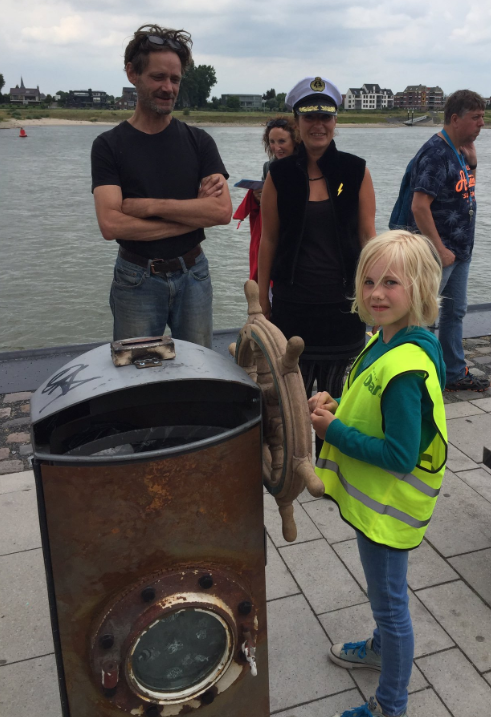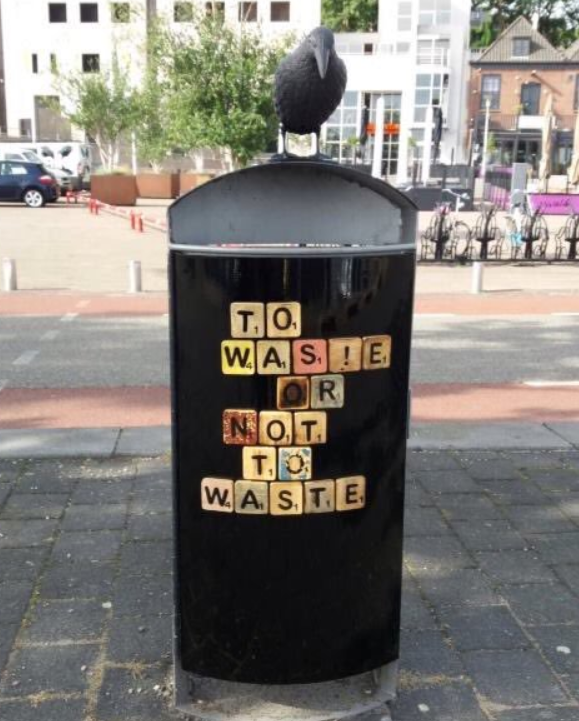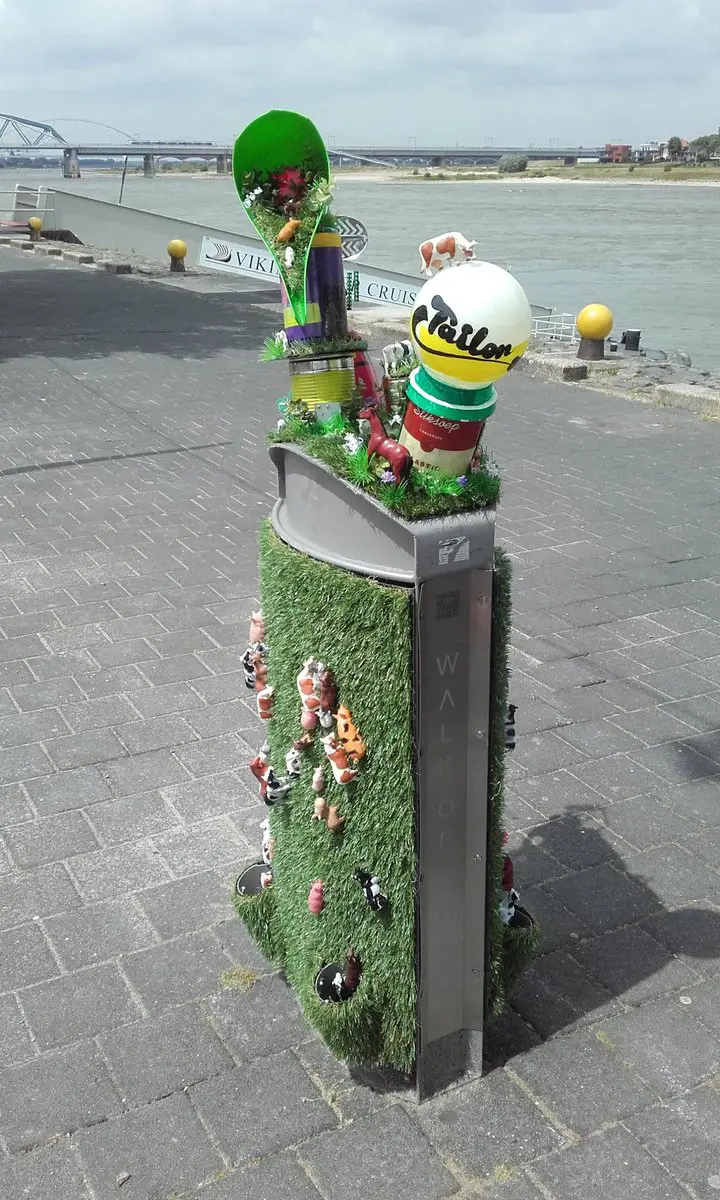‘This chair is made from recycled mobile phone cases and toasters,’ king Willem Alexander of the Netherlands was told during his visit to the Dutch city Nijmegen, which recently won the title Green Capital of Europe 2018.
United Nations figures suggest that 60% of the world’s inhabitants will live in cities by 2030. What’s more, one in three people will live in a city with half a million citizens – and a projected 730 million people will live in cities with at least 10 million inhabitants. The latter constitutes a ‘megacity’, of which there now are 31.
The steady surge in urbanisation has kicked the circular economy debate into high gear, leaving world leaders to wonder; how can we generate less waste, and how can we improve our sustainable practices?

Dutch DNA is ‘green’
The Netherlands has long been known for its commitment to sustainability. The country has achieved a recycling rate of upwards of 80%. This equates to more than 60 billion kg worth of materials recycled each year.
Currently, almost 70% of Nijmegen’s waste is being recycled. According to mayor Hubert Bruls, the city will aim to increase its recycling rate to at least 75% by 2020. All material that cannot be recycled is converted to energy, thus providing district heating for city residents and business owners.
Interaction key to success
Besides focussing on waste management and the ecological design of products, the occassion also shone a spotlight on the social initiative EcoSchools, which teaches children about resource efficiency, research & development, sustainable energy sources and many other circular topics. A group of local youngsters had the opportunity to share their views and concerns with the Dutch king, who expressed a strong interest in hearing what the ‘next generation’ has to say.
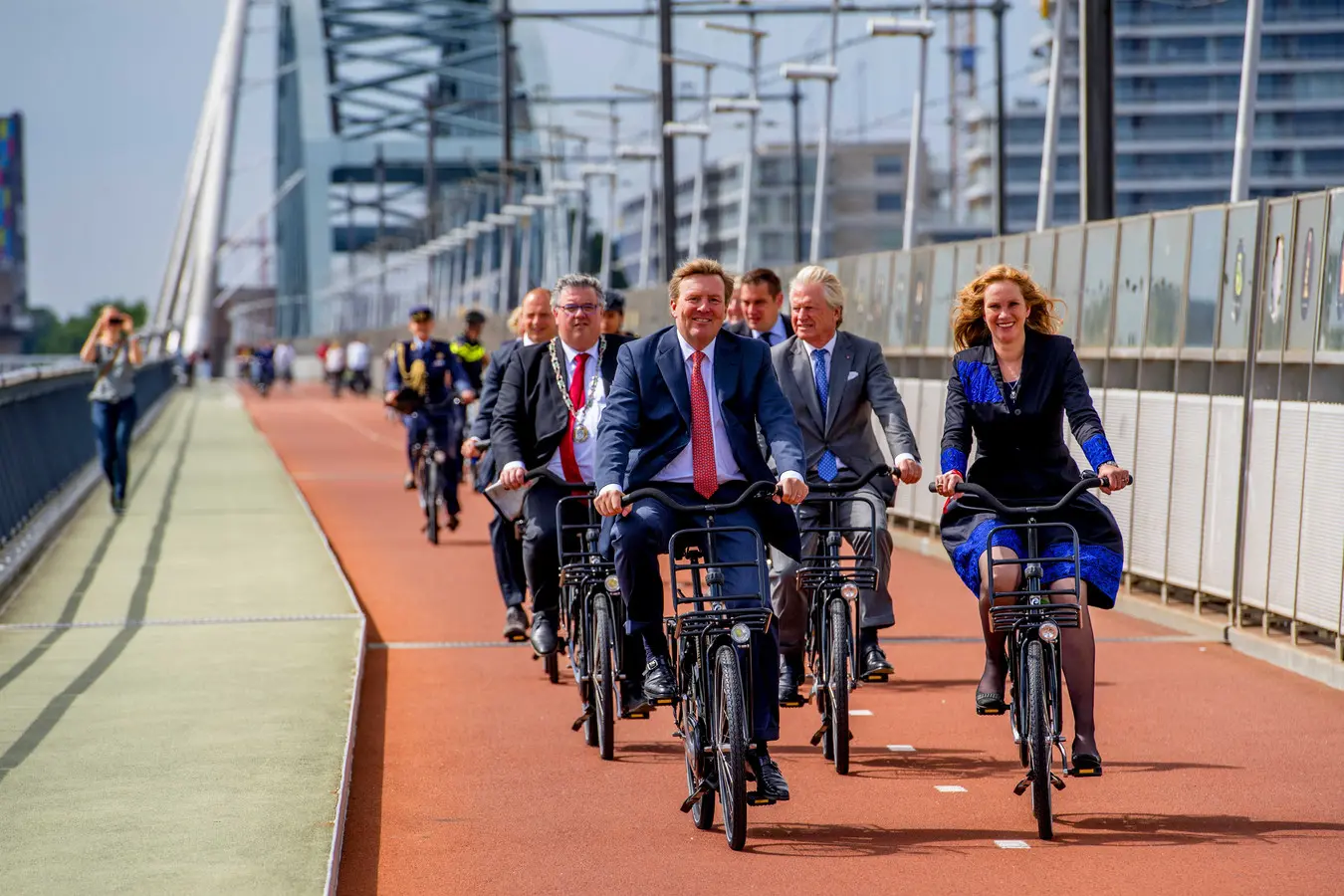
Additionally, there are approximately a quarter of a million bicycles in Nijmegen – enabling as much as 65% of local transport and reducing emissions. The king and a delegation of Green Capital members were invited to make use of Nijmegen’s many bicycle ‘superhighways’.
The tour of the city included strolling down the riverside boulevard, which has been dubbed the ‘Walk of Waste’. Special waste bins were installed, each of them decorated in elaborate ways, to encourage people to dispose of their waste properly. Mayor Bruls also informed the Dutch royal that the city’s entire bus fleet is powered by locally-produced biogas.
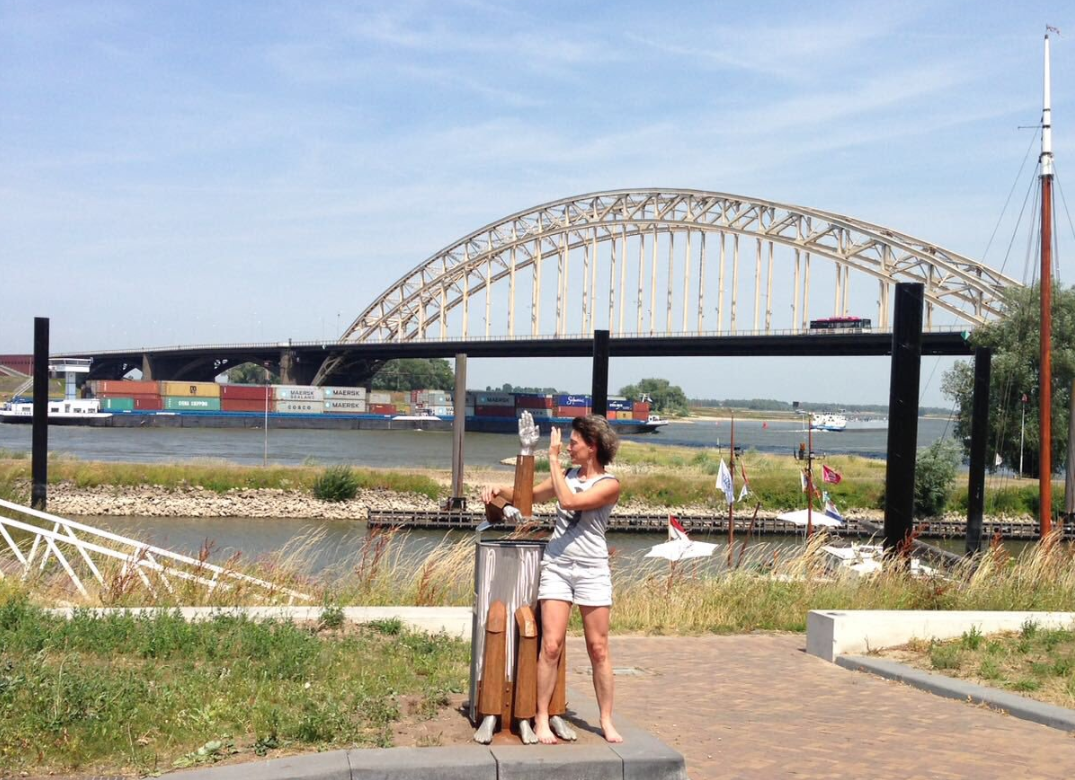
Exemplary cities
The European Green Capital title is awarded by a jury of sustainability and business experts representing various departments of the European Commission. Sweden’s capital Stockholm was awarded this title in the inaugural year, in 2010. After that, Germany’s Hamburg city topped the list, followed by Vitoria-Gasteiz in Spain; Nantes in France, Copenhagen in Denmark; Bristol in the UK; Ljubljana in Slovenia, and Essen in Germany claimed the accolade.
Don't hesitate to contact us to share your input and ideas. Subscribe to the magazine or (free) newsletter.


